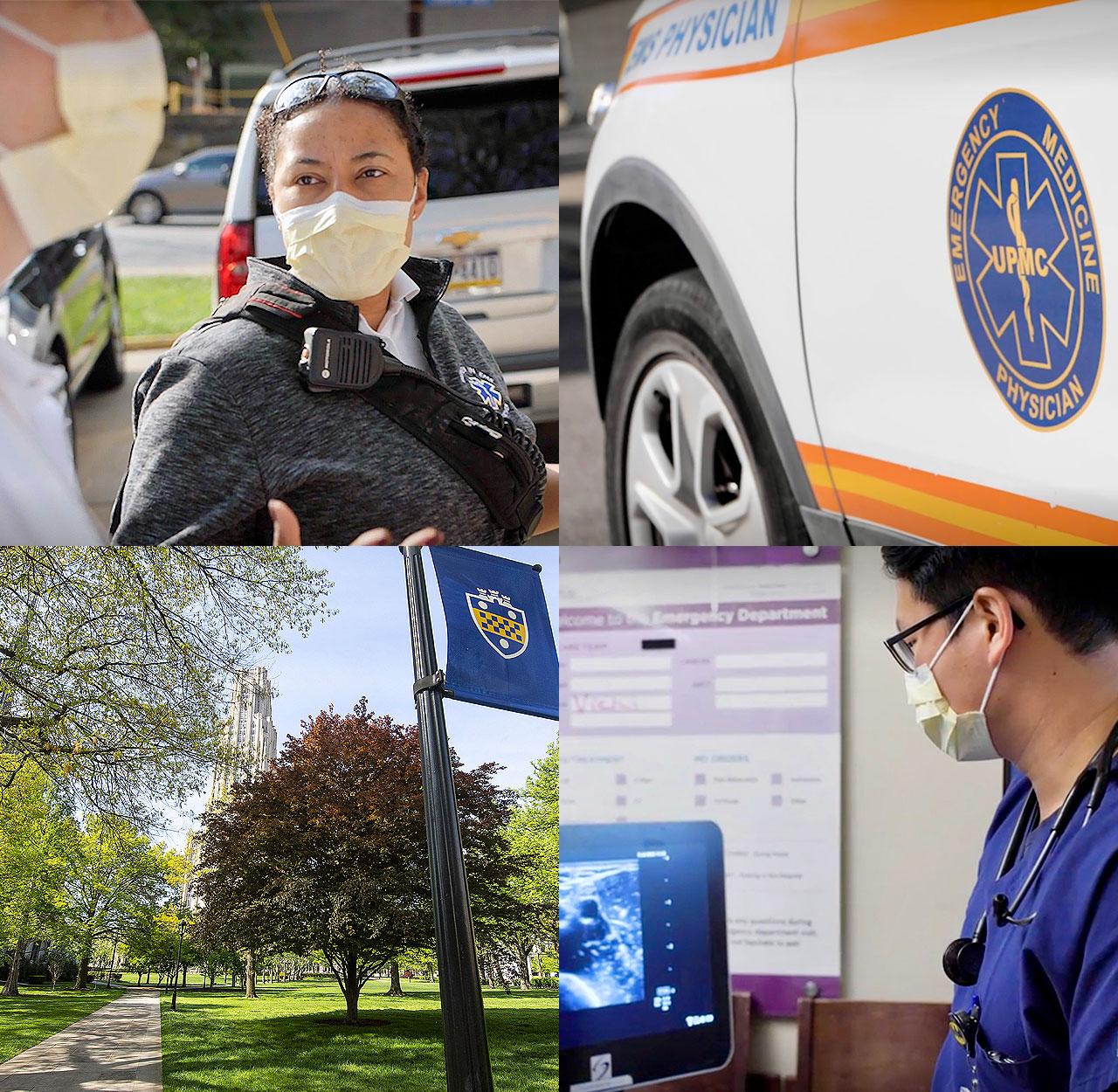
Here, progress is always in progress.
From the bench to the bedside, Pitt EM is at the forefront of acute care research. As members of the Strategies to Innovate EmeRgENcy Care Clinical Trials Network (SIREN) and Linking Investigations in Trauma and Emergency Services Trauma Research Network (LITES), our faculty conduct ground-breaking studies that change clinical practice for the better.
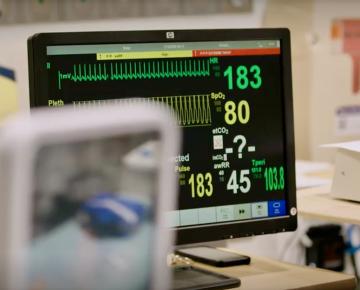
The Applied Physiology Laboratory conducts human physiology experiments, pharmacokinetic studies, and protocol development to detect and predict physiologic derangements, optimize recovery, and improve performance.
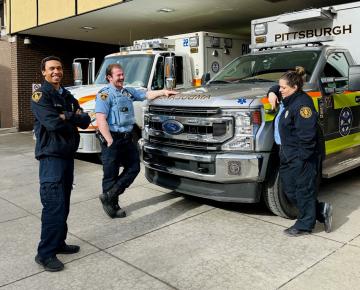
We lead numerous projects that address the impact of shift work on the health and safety of emergency care workers.
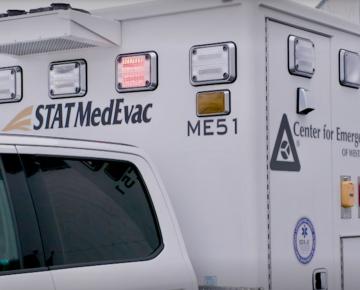
We study how to optimally design and deploy EMS agencies, how clinical interventions can best impact patient outcomes, and how EMS personnel can optimally interface as part of integrated health care delivery systems.
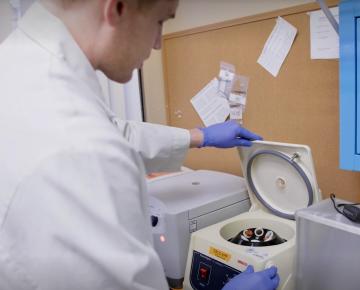
Our Medical Toxicology Division has a broad interest and expertise in multiple areas of overdose surveillance, prevention, and treatment.

We study the resuscitation and management of patients who require CPR. Our research projects span the spectrum of post-arrest management, from initial resuscitation and diagnostic evaluation to neurological prognostication and survivorship.

Many physiological changes and hazards associated with microgravity or working in space are closely related to critical illness or injury. We study challenges related to human spaceflight that also have relevance to human disease.
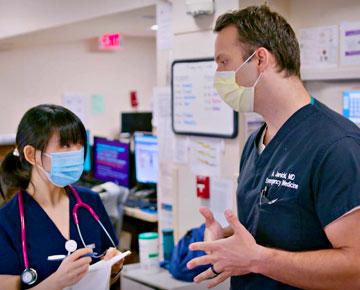
Our team focuses on the intersection between psychological health and physical pain and strives towards bringing awareness to the important role that psychological health can play in recovery.
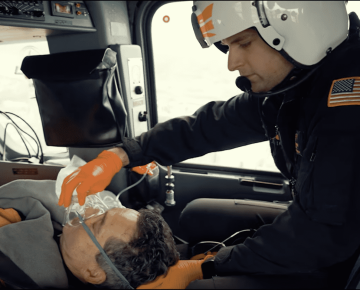
As leaders of the Linking Investigations in Trauma and Emergency Services (LITES) trauma research network, we study ways to stabilize, treat, and support patients with acute and life-threatening injuries.